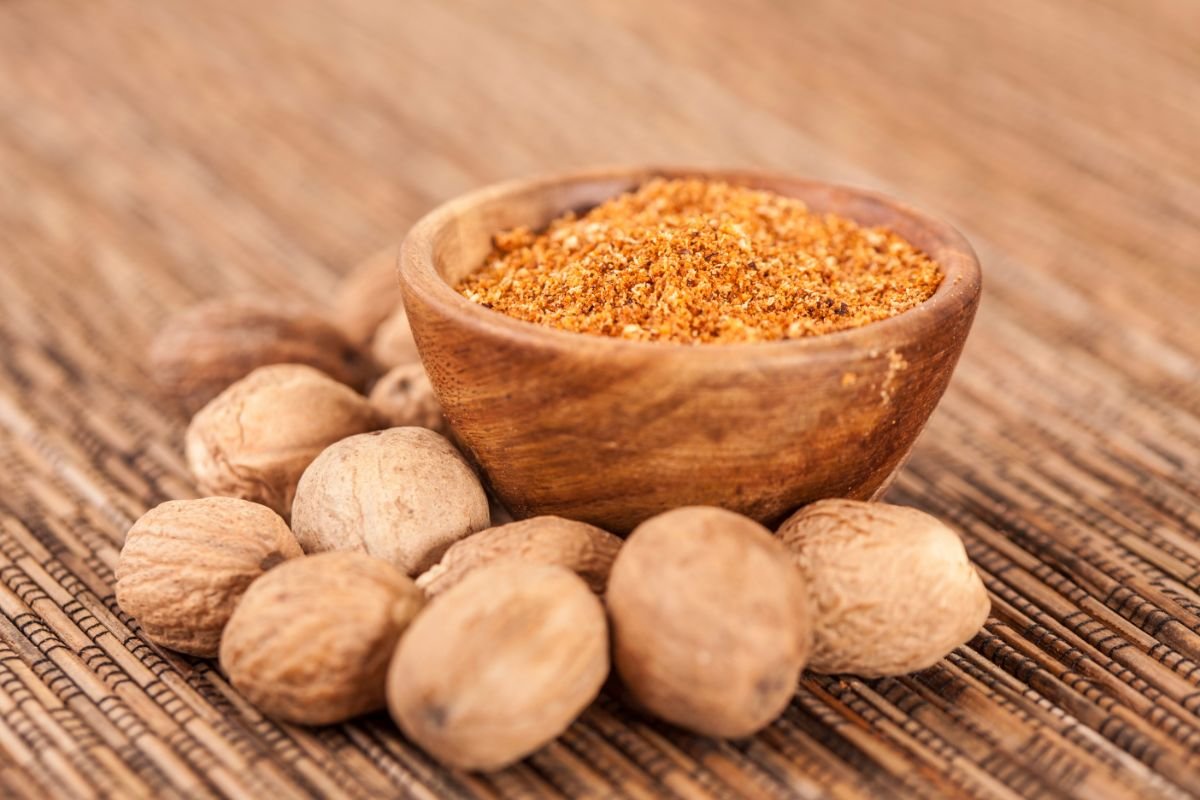While the thought of drinking a tablespoon of apple cider vinegar may sound like a dare, it can be used for treating erectile dysfunction.
There are several ways to take the condiment, whether that’s orally in its raw form or in meat marinades, salad dressings, or simply as supplements. Though, you should be careful as its acetic acids can cause some discomfort.

In this guide, we will look at why you can use apple cider vinegar for erectile dysfunction, how to use it, and what the possible side effects are.
Why Apple Cider Vinegar Can Be Used For Erectile Dysfunction
As soon as that question is asked of a medical professional, you may expect their eyes to roll or maybe hear a snigger. However, there is some serious science behind the use of apple cider vinegar for erectile dysfunction.
While there are no dedicated pieces of research or named studies that confirm it as a proven remedy, it can be used to treat a major contributor to erectile dysfunction.
Namely diabetes as apple cider vinegar can help with weight management, the regulation of blood glucose levels, and help prevent heart disease.
You may only see results if apple cider vinegar is taken along with a lot of carbohydrates for high glycemic meals.
While a teaspoon or even a tablespoon of apple cider vinegar, may not combat all those associated problems, it can help to manage conditions like diabetes and help maintain weight levels.
As well as Type 2 diabetes, apple cider vinegar can also help treat high levels of cholesterol.
This relates to a set of study reviews from 2014 which confirmed that the chlorogenic acid found in apple cider vinegar could help prevent the oxidation of LDL cholesterol.
In turn, this would help prevent heart disease that is linked to high cholesterol. Apple cider vinegar can also be used as an effective antibacterial agent and act as an antioxidant which can also prove useful.
How To Use Apple Cider Vinegar For Erectile Dysfunction
If you want to combat erectile dysfunction with weight management and by preventing heart disease, high levels of cholesterol, and Type-2 diabetes then you should be keen to use apple cider vinegar.
There are several ways to do so and a couple of them can be delicious. You could also simply dilute your dose in tea, juice, or plain old water.
Salad Dressings
If you are instructed to take one or two tablespoons of apple cider vinegar on a daily basis then incorporate it into salad dressings. Be careful not to add too much as it can easily prove overpowering.
Meat Marinades
Similarly, you can add apple cider vinegar to a meat marinade and it may only be one or two tablespoons. You may find that the condiment is a common ingredient as the acidic properties help to penetrate the meat and allow the flavor in.
Other types of vinegar will perform the same task which is why it is a common ingredient to have in marinades. However, other types of vinegar will cook out once they are exposed to heat while apple cider vinegar will keep some of its beneficial properties.
Supplements
As a plain supplement, you can take between one and two tablespoons of apple cider vinegar orally every day. It may be a little difficult to do as the taste can take some getting used to.
However, this is the dose that has been used in human medical studies that try to establish a beneficially scientific link. Try not to exceed the daily amount as you may be doing yourself more harm than good.

Ferments
If you enjoy making your own homemade pickles or fermented foods then look out for the recipes that include apple cider vinegar. Even if they do not include the condiment on the list of ingredients, you can still throw in a dash if you want to.
The Possible Side Effects Of Using Apple Cider Vinegar
As you may expect, apple cider vinegar contains acids, specifically acetic acids. These are one of the beneficial ingredients when using the condiment yet consuming it raw can lead to stomach discomfort or pain.
The acids can also damage an individual’s mouth, throat, and esophagus when consumed in large amounts. However, this is unlikely with the mixtures that can be bought at the store and used at home.
One of the notable side effects of using apple cider vinegar is actually the erosion of tooth enamel. Even with the recommended daily dose of one to two tablespoons.
There is also the concern over using the substance while taking a range of diuretic and insulin medications. Apple cider vinegar can actually lower the effectiveness of those medications and lower potassium levels to cause hypokalemia.
There is also the possibility of indigestion, even heartburn. Some other side effects include nausea, a bloating or delayed emptying of one’s stomach, and skin irritation.
Final Thoughts
Apple cider vinegar may seem like an unconventional treatment for erectile dysfunction yet it can prove useful.
By helping to control an individual’s weight, deal with high levels of cholesterol, and regulate blood glucose levels, the condiment can take care of some of the physiological causes.
It may only be a simple change too, as you can up your use of meat marinades and salad dressings.
Frequently Asked Questions
At What Point Should An Individual Seek Medical Advice When They Are Using Apple Cider Vinegar To Treat Erectile Dysfunction?
If an individual develops certain side effects while taking apple cider vinegar to treat erectile dysfunction, then they should consider seeing a doctor.
These side effects can include fatigue, muscle cramps, and muscle twitching. They can also include bloating, stomach pain, constipation, and diarrhea.
What Are Some Other, Proven Treatments For Erectile Dysfunction?
If you do not want to try apple cider vinegar to treat erectile dysfunction, then there are other treatments available. These can include medications taken as oral pills like Viagra, vardenafil, or tadalafil which help stimulate blood flow to the penis.
Psychotherapy could also help treat the psychological reasons behind the condition while lifestyle changes like improving physical activity and stopping smoking.
- Yeast Infection Vs Herpes - January 26, 2023
- How Long To Wait For Sex After Yeast Infection Treatment - January 26, 2023
- Yeast Infection Vs STD - January 26, 2023










